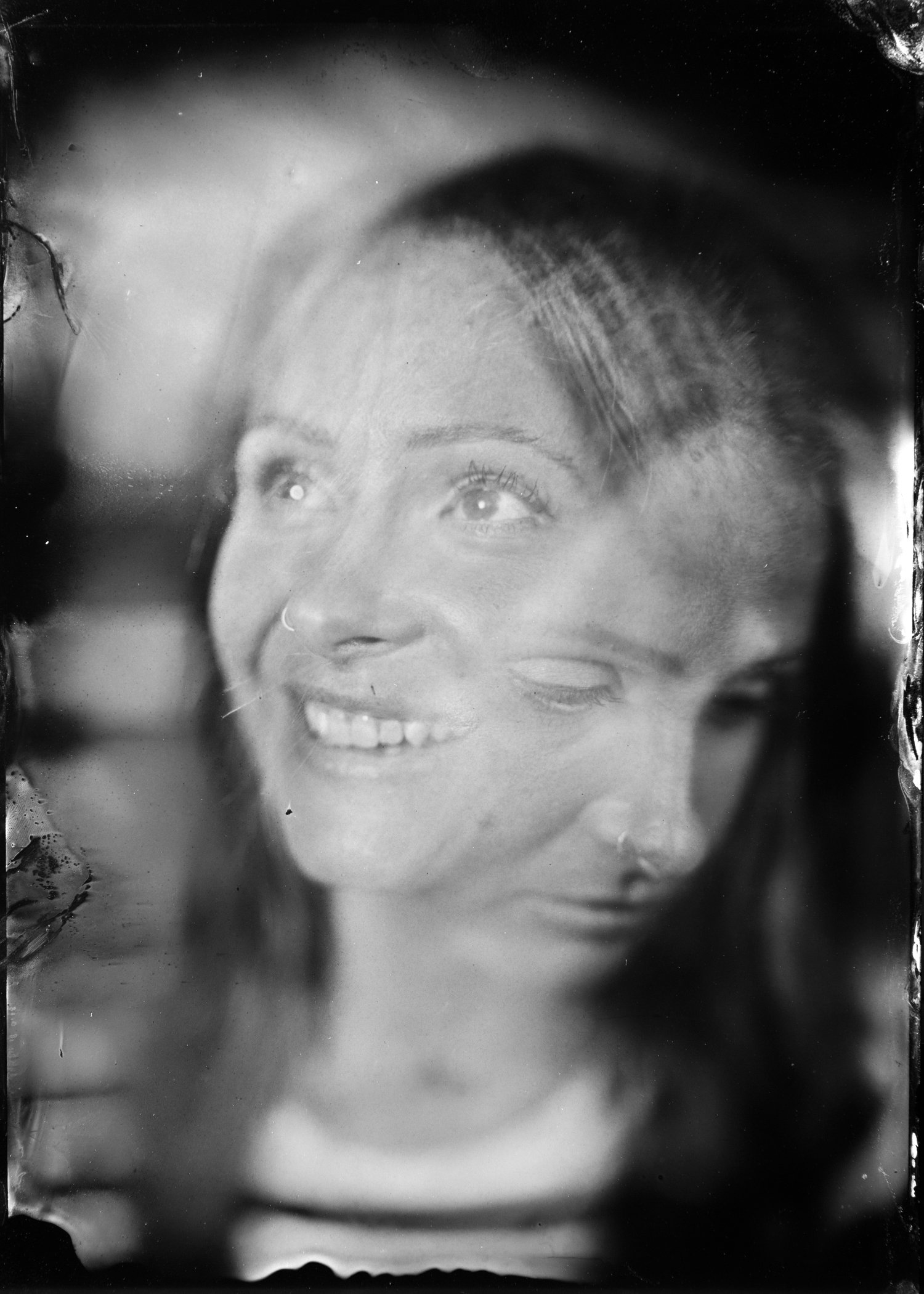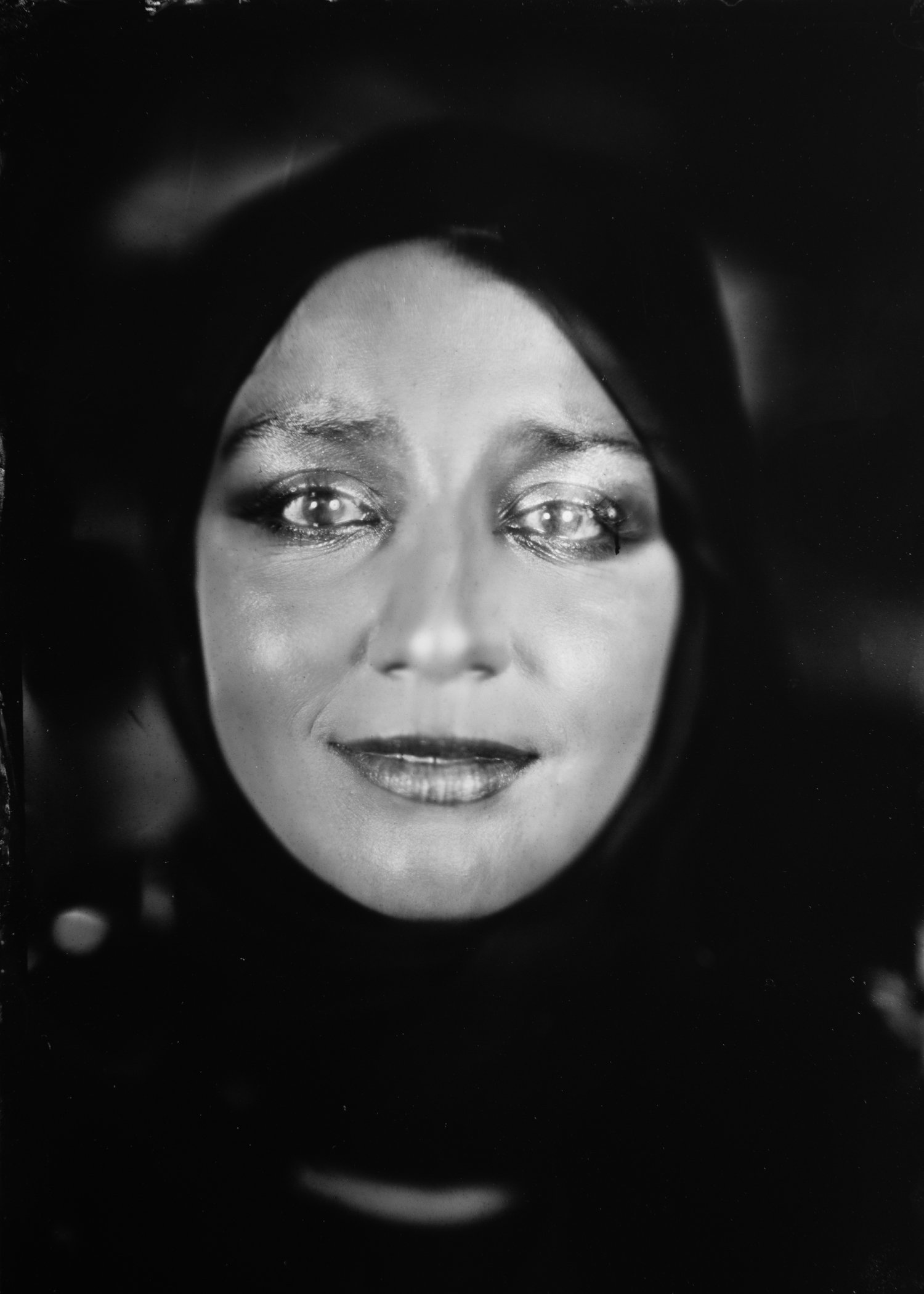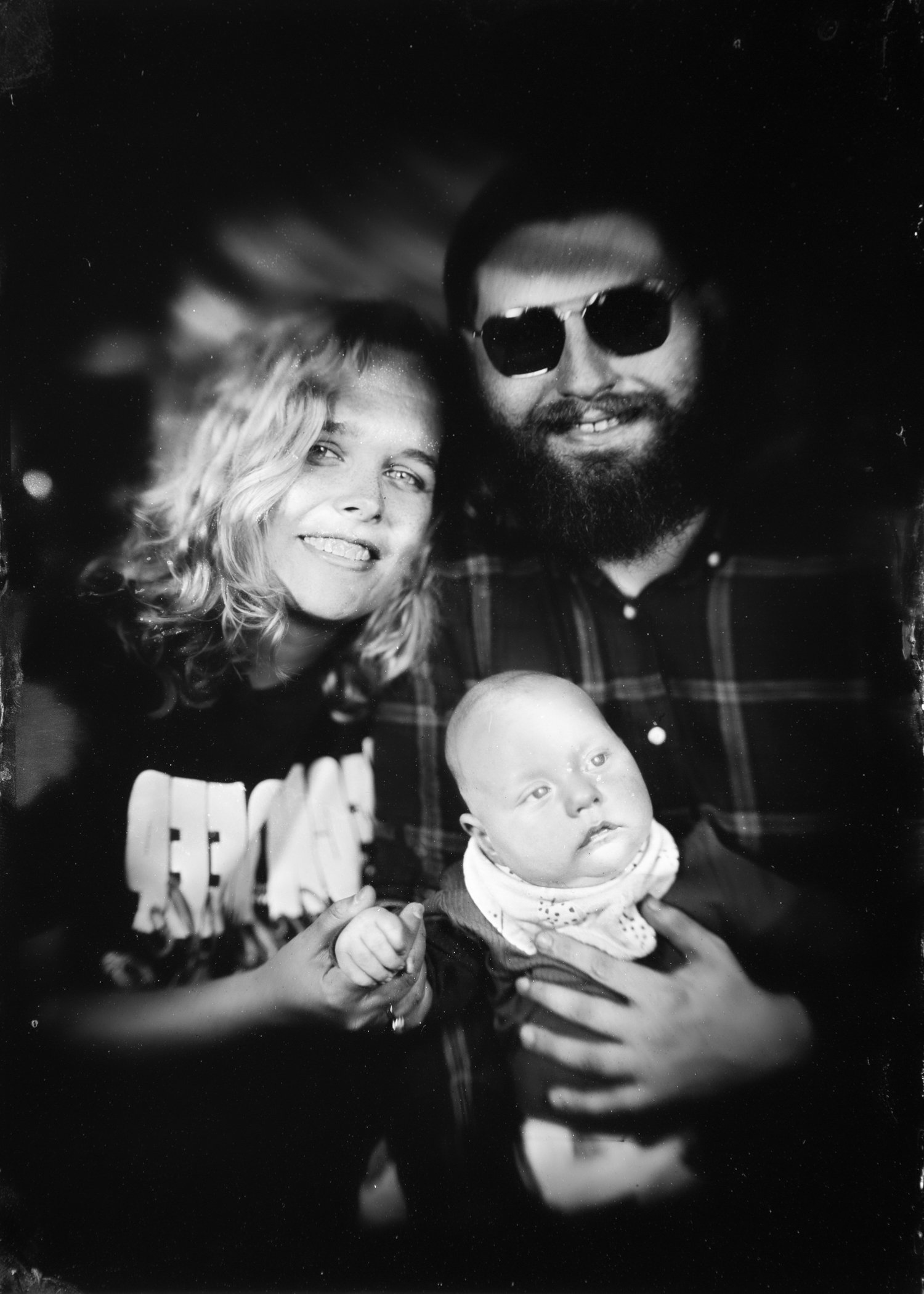Late diagnosed neurodivergence
Using the Wet Plate Collodion Process, I am bringing attention to the experience of receiving a late neurodivergent diagnosis and the subsequent challenges, including the backlash of being accused of following a trend. As someone who was diagnosed with ADHD at the age of 36, and Autism at 37, I can personally identify with these difficulties.
A late diagnosis of Neurodivergence can stop you in your tracks. You may suspect it, but once the diagnosis is received, it’s like you’re jolted into reality. You start to analyse your entire life.
It took me years to consider that I may be Neurodivergent, and several more years to receive a formal diagnosis. The experience left me frustrated and resentful towards those who failed to recognize and address symptoms during my childhood and adolescence. Even post-diagnosis, individuals with ADHD, Autism, and other neurodivergent conditions often encounter dismissive attitudes from those who perceive their conditions as mere trends.
This project establishes a platform for individuals with late diagnoses to articulate their experiences through the creation of impactful images using the Wet Plate Collodion Process. This therapeutic 170-year-old Victorian technique, which I personally employ for self-expression, has aided in the process of unveiling and unmasking.
This project provided a platform for individuals with a late diagnosis to express themselves through creating powerful images, using the Wet Plate Collodion Process. The Wet Plate Collodion process is incredibly therapeutic and is a method that I use for self-expression and has helped with the process of unmasking.
I would like sincerely to thank The Richard and Siobhan Coward Foundation for their financial contribution and support of this project.
I would also like to thank all the participants involved in this project. Thank you for sharing your stories with me, you are all uniquely beautiful people!
in camera artistry photogrAPHER OF THE YEAR 2023
Thank you to the Societies of Photographers for recognising this Project and awarding the In-Camera Artistry Photographer of the Year 2023 for this image.








“Getting a diagnosis later in life explained a lot of things for me from my childhood, mostly why i felt so "different" from everyone else, and why I got constantly bullied.
Having a diagnosis now gives me access to support networks, benefits payments and being able to explain to people why I do certain things and how they can help if I have a meltdown or am having a bad time (and what not to do).
Getting a late diagnosis gives you a sense of "oh that's why I do that thing!". It also makes you realise that actually you have been masking your whole life to try and fit in with everyone else, and there is a whole process of unmasking which is a common occurance among neurodiverse people.
I have found that I now seem to attract or only get on with other neuro diverse people, which is very good the majority of the time, and sometimes bad when you have to interact with neurotypical people but struggle.” - Kieran









